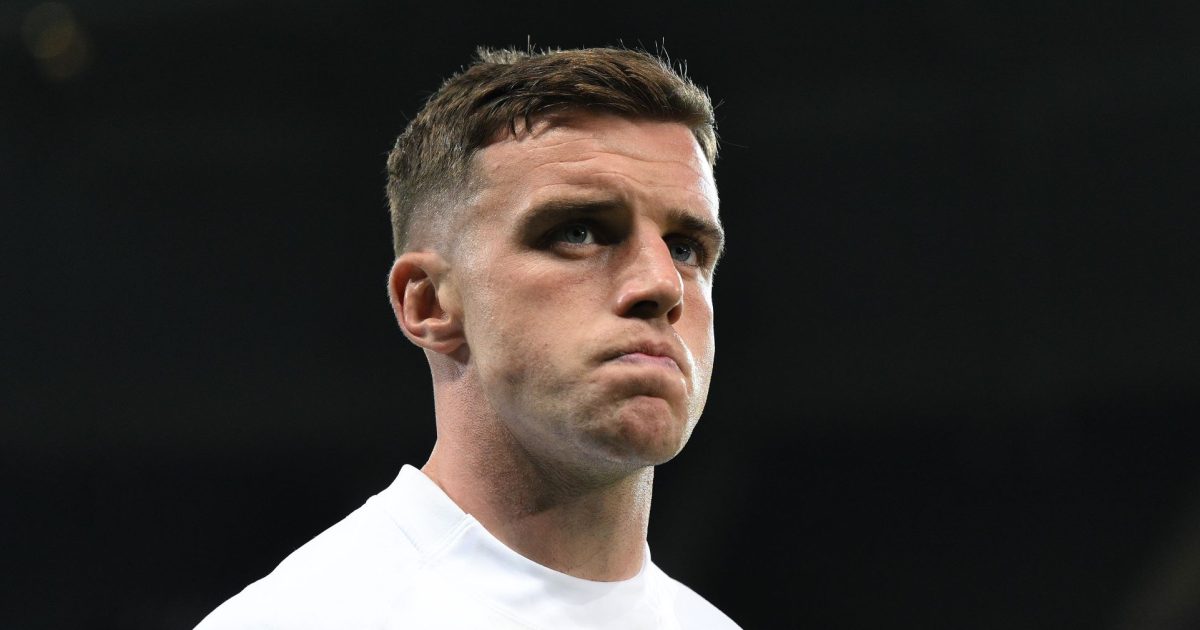George Ford caught out by Cheslin Kolbe-style charge down

When South Africa winger Cheslin Kolbe charged down a Thomas Ramos conversion to save a precious two points in the World Cup quarter-final last year as the Springboks won 29-28, it seemed inevitable that it would become more common.
Fast forward a matter of months and it happened against in the Guinness Six Nations, this time it was England fly-half George Ford having his conversion charged down by Wales at Twickenham.
Kolbe was of course not the first person to charge down a conversion, but it was nonetheless the most high-pressure charge down in rugby’s history and he may have started a trend.
Teams that have conceded a try will always be alert now to the kicker’s routine, pouncing on any slight movement to suggest they have started their run-up- as Wales’ Rio Dyer and Elliot Dee did to prevent Ford from kicking.
The conversion attempt came shortly after a Ben Earl try, but the failed conversion meant Wales held onto a 7-5 lead in the first half.
Take a look at the conversion attempt:
👀 We’ve seen this before
George Ford’s conversion isn’t attempted and Wales still lead at Twickenham…
Will that come back to bite the hosts?#GuinnessSixNations pic.twitter.com/uiArJIONgP
ADVERTISEMENT— ITV Rugby (@ITVRugby) February 10, 2024
Kolbe’s charge down will go down in Rugby World Cup folklore as the Springboks went on to lift the Webb Ellis Cup. In terms of crucial moments in the tournament, that was probably the most pivotal, and proved to be decisive in a one-point victory.
Extra spice was added to the charge down by the fact that Kolbe and Ramos were teammates at Toulouse, and the Springbok said that he had inside knowledge about the Frenchman’s kicking routine which afforded him the time to sprint from his line and charge the kick down. With that said, Ramos has questioned the legality of what Ramos did.
Regarding charging down conversions, World Rugby state: “All players retire to their goal line and do not overstep that line until the kicker moves in any direction to begin their approach to kick. When the kicker does this, they may charge or jump to prevent a goal but must not be physically supported by other players in these actions.”















